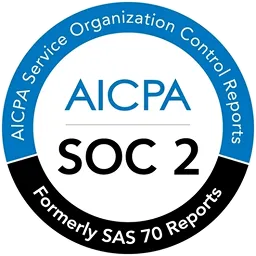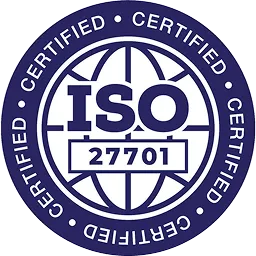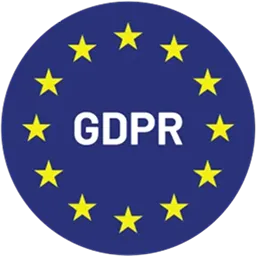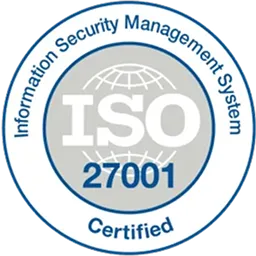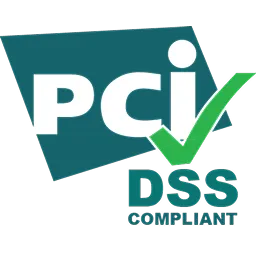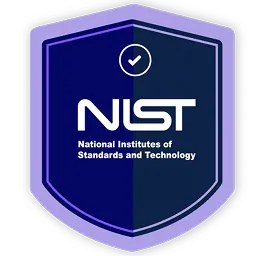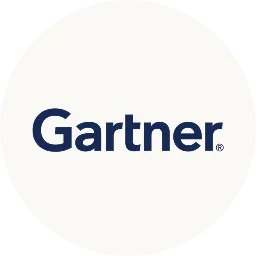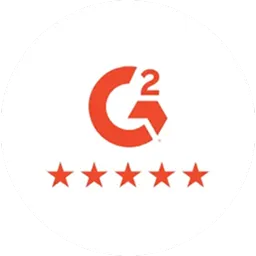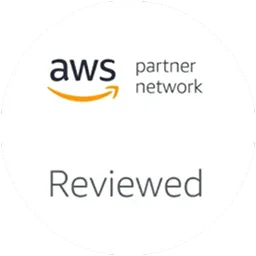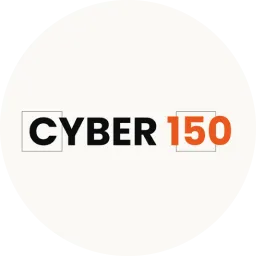In the world of identity and access management (IAM), two giants stand tall: Ping Identity and Okta. Both offer robust solutions for managing user authentication and authorization, but which is best for your organization?
When it comes to securing digital identities and managing access to sensitive information, choosing the right solution is crucial. Ping Identity and Okta are well-established companies offering advanced solutions for identity management, but they have their own strengths and weaknesses.
It can be troublesome to know where to start if you are trying to decide between the two. This article will comprehensively compare Ping Identity and Okta, exploring their features, capabilities, and pricing models. We will also examine their advantages and disadvantages and help you decide which is the best fit for your organization.
What Does Ping Identity Offer?
Ping Identity is an identity and access management that helps organizations secure access to mobile and cloud applications, internal/external networks, and APIs. The platform uses AI to detect and prevent anomalous activities, ensuring compliance with regulations. It has API access, geo-fencing, multi-factor authentication, data governance, management of multiple devices, single sign-on (SSO), and much more.
With Ping Identity, admins can configure products and deployment environments, create custom registration/authentication requests workflows, and add users through a self-service portal.
The platform supports multi-factor authentication for most Federation protocols (SAML, OAuth) and works with many other apps, such as G Suite and third-party Security Assertion Markup Language directories. Installation and management are quick and easy.
What Does Okta Offer?
Today, critical business software processes are constantly moving to the cloud. This means they need a way to deploy, protect, and manage these services. Okta is a cloud-based identity and access management solution that helps enterprises quickly and securely adopt web applications in the cloud and on-premises. It provides a single service that allows people and technology to connect safely.
Okta provides a comprehensive, ready-to-use solution that meets the needs of IT, end-users, and business leaders without any customization or lengthy service commitments. It lets IT administrators manage cloud-based apps securely for their whole business.
Okta offers features including Single Sign-on, Multi-Factor Authentication, Lifecycle Management, Universal Directory, and API Access Management. Its comprehensive features and functionalities enable organizations to securely manage access to applications and resources.
Ping Identity vs. Okta: 4 Parameters To Compare
Ping Identity and Okta are two of the market's leading identity and access management (IAM) solutions. Despite being competitors in the enterprise web application SSO market, they narrowed their focus over time.
Ping Identity is winning the race for businesses needing an on-premise SSO solution. While those who want to use SSO from the cloud, Okta has been a better player.
When comparing these two solutions, consider the listed parameters:
1. Features & Use cases
a. Core functionality
- Ping Identity is known for its robust identity and access management capabilities, including single sign-on (SSO), multifactor authentication (MFA), and directory services.
- Okta provides a more comprehensive IAM platform that covers core IAM functionalities and integrates with a wide range of third-party tools and applications.
b. Multi-Factor Authentication
- Both Ping and Okta have multifactor authentication features, but Ping has more support for features like fingerprint verification.
- This feature works well on many Ping devices but only a few Okta devices. Setting up for standalone readers or desktop use is difficult because you must customize it and find workarounds.
c. Deployment options
- Ping Identity provides on-premises, cloud, and hybrid deployment options, while Okta is primarily a cloud-based solution.
d. Level of customization & scalability
- Ping Identity offers a high degree of customization, allowing organizations to tailor their IAM solutions to their specific needs.
- Okta provides a more straightforward and streamlined experience for organizations looking for a solution that is easy to set up and scale.
2. Initial implementation & user experience
Okta and Ping Identity have some key differences in terms of initial implementation and user experience:
a. Initial Implementation:
- Okta has a more straightforward initial setup and can be up and running quickly for primary use cases.
- On the other hand, Ping Identity has a more complex initial setup and may require more expertise to get up and running. Still, it offers more customization options and advanced features.
b. User Experience:
- Okta provides a user-friendly interface and a good user experience for end-users.
- Ping Identity, however, provides administrators with more control and customization options but may not be as user-friendly for end-users.
3. API Integrations
These two IAM systems have extensive app connectors that should cover most of the market.
However, Okta is compatible with a wide variety of third-party programs than its competitors, including Dropbox, Slack, and G-Suite, and it has a more user-friendly interface overall.
With this level of compatibility, setting up your team's access to numerous cloud apps is a breeze. Okta's platform-agnostic design and ease of third-party app integration make it a more attractive option than Ping.
4. Pricing & Rating
Okta generally has a lower cost of entry and is more affordable for smaller organizations. On the other hand, Ping Identity may have a higher upfront cost but can be more cost-effective in the long term for larger organizations with more complex IAM requirements.
- Essential: It costs $20k Annually. SSO, Authentication Policies, No-code identity orchestration engine, Secure user management, Connect to any apps with open standards, and Restful APIs.
- Plus: It costs $40k Annually. Everything is essential, including adaptive multi-factor authentication, LDAP, API access management, Transaction approvals, Passwordless Authentication, Embedded MFA into mobiles, and Convenient and secure authentication processes.
- Premium: You can contact sales for the information. Everything in Plus includes connecting multiple data stores, compliance with stringent security policies and supporting extreme demand spikes, and advanced authentication to meet specific requirements.
Ping Identity User Rating
- G2- 4.4/5
- Capterra 4.7/5
SSO: This package costs 2$ /user/month. It includes an integration network, ThreatInsight, desktop and mobile SSO for cloud and on-premise apps, basic multi-factor authentication, third-party MFA integration, a sign-in widget, and local language support.
Adaptive SSO: It costs 5$ /user/month. It adds contextual access management, including location, device, network, and risk-based authentication.
MFA: It costs 3$ /user/month. It includes possession factors, such as one-time passwords, push notifications, texts, Universal 2nd Factors (U2Fs), and voice.
Adaptive MFA: It costs 6$ /per user/month. It adds contextual access management, including location (new city, state, or country, and impossible travel patterns), network (new IP and specified IP zones), device, and risk-based authentication.
Okta user rating
- G2- 4.4/5
- Capterra- 4.5/5
The above factors must have helped you evaluate which of the two would fit your business needs the best. No doubt, both platforms offer robust and comprehensive IAM solutions, but organizations should weigh their options carefully and choose the best solution for their unique requirements.
Zluri - An Alternative Solution for App Request Management
While it may seem like a choice between Okta and Ping Identity can help enhance your business's productivity and efficiency, have you considered exploring other options? Zluri could be the solution your organization needs for access management.

As a SaaS management platform, Zluri offers a comprehensive identity and access management solution that is highly scalable and comes with advanced security features, including multi-factor authentication, encryption, and audit trails. These features protect user data and provide tight control over access to sensitive information.

Zluri also automates many manual tasks related to identity and access management, such as provisioning and deprovisioning, freeing up IT teams to focus on more critical tasks. This results in increased productivity and efficiency for the organization.
In addition to its automation capabilities, Zluri's powerful analytics and reporting capabilities provide valuable insights into user behavior, enabling organizations to make informed decisions and improve security further. Opting for Zluri helps organizations enhance their identity and access management, improve security and productivity, and drive their business forward.
To learn more about Zluri's identity and access management capabilities, schedule a demo today.









.svg)



